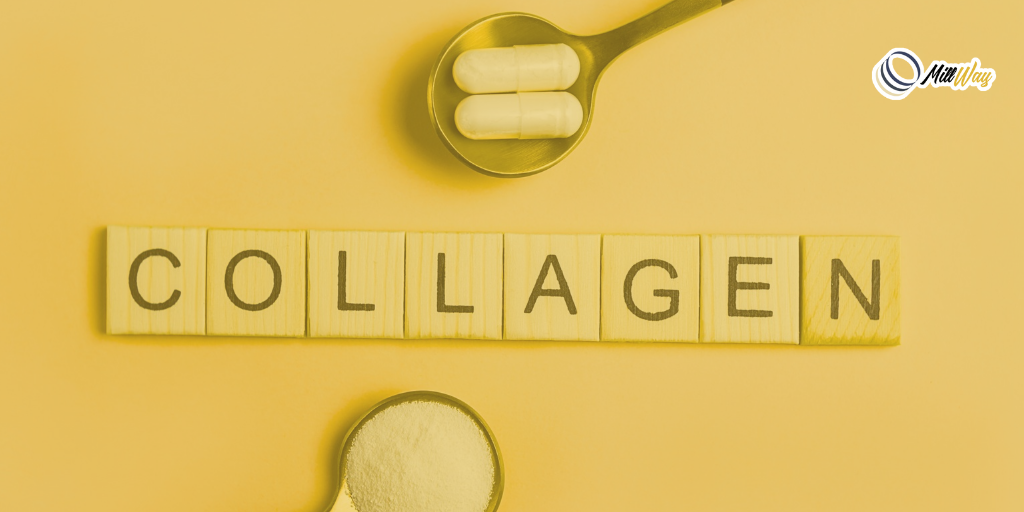
Does lifting laundry feel like lifting the weight of the world? That might be a sign your body’s collagen is running low. Collagen isn’t just about skin—it’s a structural protein that supports muscles, tendons, ligaments, and spinal discs. When collagen decreases, even light activities can trigger lower back pain.
Collagen is the main structural protein that keeps tissues strong and elastic. When levels drop, muscles and connective tissues lose resilience. As a result, simple movements like bending, lifting laundry, or standing too long can cause pain.
The spine has cushioning discs, working like the body’s shock absorbers. These discs consist of:
With reduced collagen, these “shock absorbers” weaken, leading to Low Back Pain.
Ever heard the term “young but old” (pemuda jompo)? Many young adults experience bodies that feel older than their age. Everyday habits are accelerating collagen breakdown:
The result: in their 20s, but bodies feel like they’re in their 40s.
A fact often forgotten: starting at age 30, collagen production decreases about 1.5% each year.
The good news is, collagen loss can be slowed down with simple steps:
